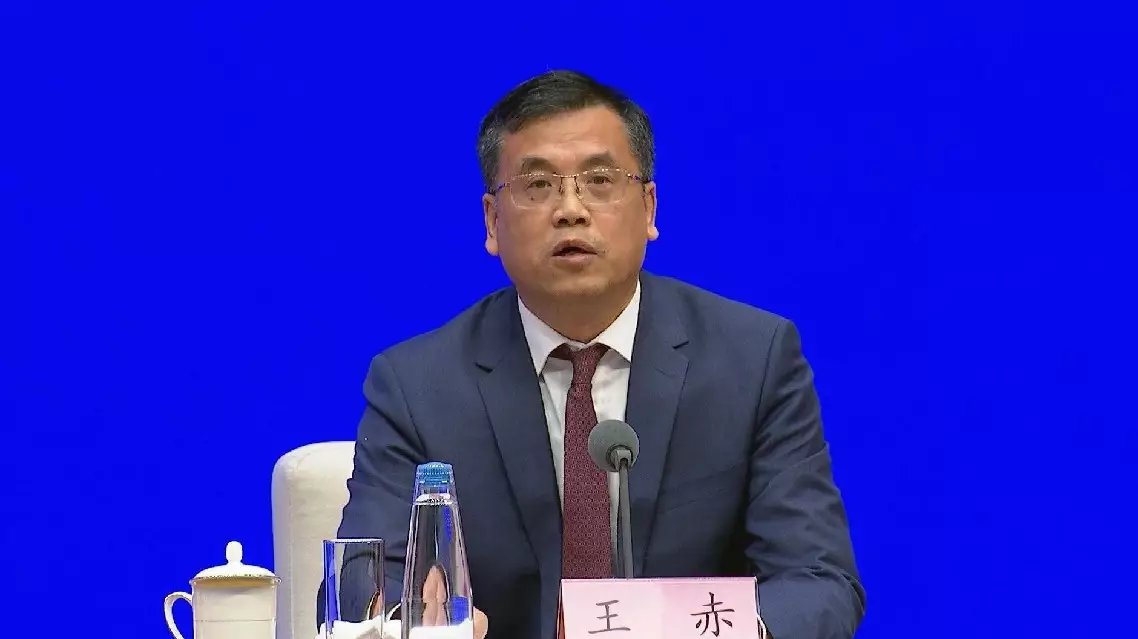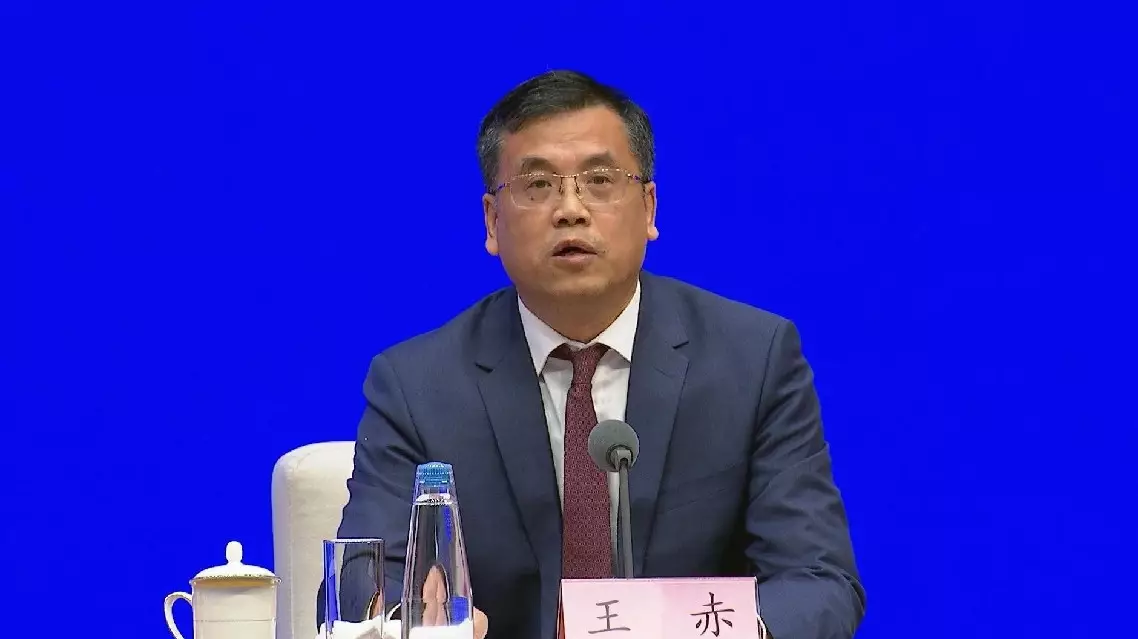China's space missions have significantly advanced the understanding of the universe as the country has made notable strides in crucial areas such as dark matter particle detection, quantum mechanics verification and high-energy astrophysical experiments, said a Chinese academician at a press conference in Beijing on Monday.
Wang Chi, the academician and director of the National Space Science Center of the Chinese Academy of Sciences, said that China has carried out enormous space experiments and achieved integrated development of science, technology, and engineering in the lunar and planetary exploration.
"China's aerospace industry has made significant progress over the past 60 years. Space science in China has evolved from inception to maturity and grows stronger. At the beginning of this century, China launched its first truly scientific satellites by carrying out the Double Star space mission, laying the ground for a series of space science satellites represented by 'Wukong' and 'Micius.' We've conducted numerous experiments in space science and applications under the manned spaceflight program, and lunar and planetary exploration projects have achieved integrated development in science, technology, and engineering," said Wang.
The implementation of these missions has propelled the rapid development of China's space science, leading to the establishment of a comprehensive disciplinary framework for space science, the set-up of key laboratories, and the formation of units dedicated to space science missions, said Wang.
The country now has strong technological and support capabilities for conducting space science missions, has cultivated a high-level team of space science professionals, and has achieved scientifically significant results with international influence, Wang said.
"Currently, China has independently made breakthroughs in multiple fields of space science. The 'Wukong' satellite is conducting dark matter particle exploring, the 'Micius' satellite has started the first quantum science experiment in space, and China's first X-ray space telescope has been dubbed Insight. China's first solar exploration satellite Xihe and China's first comprehensive solar exploration satellite Kuafu-1 have started solar observation. The Chang'e-6 probe has successfully collected samples from the far side of the moon, the Tianwen-1 probe has started the exploration on Mars, and China has built its first space laboratory at its space station." Wang said.
"Through the implementation of these missions, Chinese scientists have made significant research progress and achievements in areas such as dark matter particle detection, quantum mechanics verification, high-energy astrophysical experiments, observations on solar magnetic field, solar flare, and coronal mass ejection, high-energy transient astronomical observations, lunar formation and evolution, Martian environment and geological structures, laws of material movement and life activities in space environments, deepening human understanding of the universe. The progress has shown that China is approaching the center stage of the world space science arena," said Wang.
While acknowledging China's lag in the number of space science satellites and major accomplishments compared to leading spacefaring nations, Wang Chi expressed confidence in China's capacity to bridge this gap.
Wang also outlined China's goals in space science. By 2027, China aims to secure a prominent position in the field, accelerate to the forefront internationally by 2035, and ultimately lead in crucial domains by 2050, cementing its status as a global leader in space science.

China's space missions advance understanding of universe: academician

China's space missions advance understanding of universe: academician









